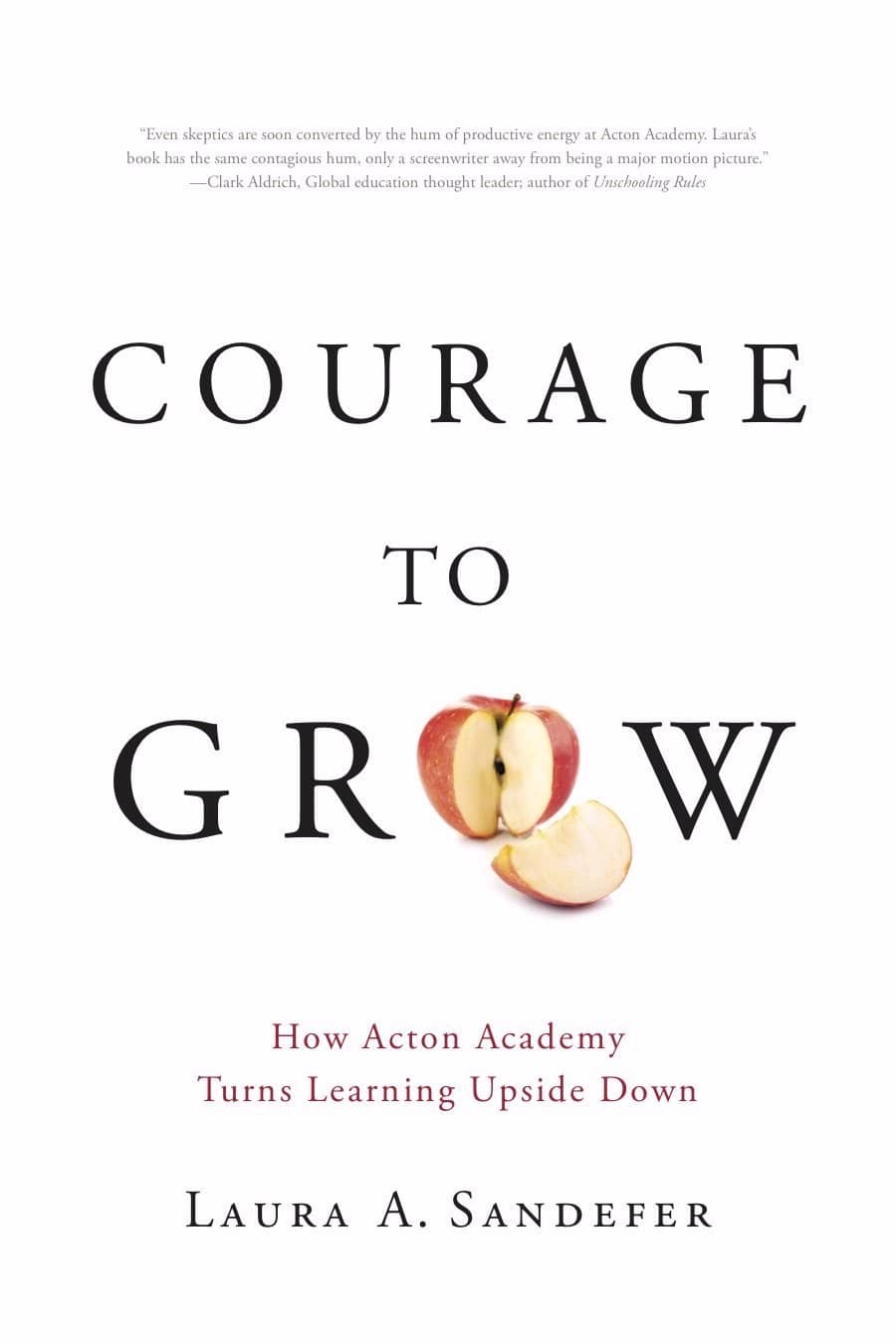What's better than every simulation I ever did in grad school?
That's right! You guessed it!
The Odyssey!
As we wind down the epic adventure this week, I wanted to share a few thoughts on how seriously cool it is--a quick thought if you will on why this experience has been so valuable for your eagles before you hear it from the heroes' mouths Thursday.
Background point #1 - The reason many elite schools use simulations is because they provide a powerful experiential learning opportunity far beyond what traditional classroom instruction can provide. For example, business simulations are designed to immerse participants in realistic scenarios where they must apply theoretical knowledge to solve complex problems, make strategic decisions, and navigate challenges in a risk-free environment. The primary goal is to develop critical thinking, leadership, teamwork, and decision-making skills in a dynamic, hands-on setting.They allow students to practice and refine their skills in real-time, fostering deeper understanding and retention of business concepts, while preparing them for the high-stakes decisions they will face in their professional careers.
Now shift gears to...
Background point #2 - Some of the early psychology tests, such as the Stanford prison experiment or Milgram's obedience study, provided groundbreaking insights into human behavior, authority, and social dynamics. These experiments could have been invaluable tools for understanding and improving human interactions in various fields. However, their unethical treatment of participants, lack of informed consent, and potential for causing psychological harm overshadowed their scientific contributions. If conducted ethically, these studies might have led to other profound and applicable knowledge to fields like psychology, sociology, and organizational behavior.
It turns out that combining elements of live action role-play, process drama, storytelling, with a year-long-escape-room-meets-the-Triwizard-Tournament creates a simulation on steroids (or one of Cedric's potions) where they also get to be participants, facilitators, and researchers reflecting on the powerful experiences they go through--all in the safest space around.
It blends the immersive, hands-on learning experience of business simulations with the deep psychological insights of early experiments. Like business simulations, it places students in realistic, high-stakes scenarios where they must apply critical thinking, teamwork, and leadership skills to navigate challenges. Simultaneously, it delves into the human psyche, exploring themes of human nature, connection, memory, identity, life, love, loyalty, and a whole encyclopedia of moral choices, while always prioritizing the well-being of our eagles. The result is a space where they can take risks and learn from their experiences without fear of harm.
The reflection process afterwards solidifies the knowledge gained and also fosters a sense of accomplishment and empowerment, ensuring that the insights and skills acquired during the quest stay with them long after the journey ends. In essence, the Pirate Odyssey takes the concept of experiential learning to a whole new profoundly impactful level.
It's about the closest thing you can get to trying out a decision in a very complicated morally grey area, witnessing and feeling the effects of that decision, but never actually having to pay a real price. The Odyssey takes a theoretical ethical question, you know the type that all philosophy majors are familiar with (something like a train is traveling down the tracks towards an innocent person...blah blah blah) and makes it as close to real life as you can get--only much more fun and adventurous.
Don't believe me? Case in point from a recent example-- just ask the eagles what it was like to 'swim' deep into a murky pond (think tank) searching for a much-needed artifact while holding their breath.They described feeling the claustrophobia and panic of suffocating and the intensity of the darkness.
And the best examples aren't from the fun challenges we created, but from the human to human interactions where so many of them have had to confront nearly impossible decisions.
Imagine that? Being able to learn from mistakes without really having to make the mistake? The same goes for wise decisions too. Sounds a lot like experience. Now who wouldn't want to gain some more of that without having to pay the high price experience typically charges? :)
See you soon!


